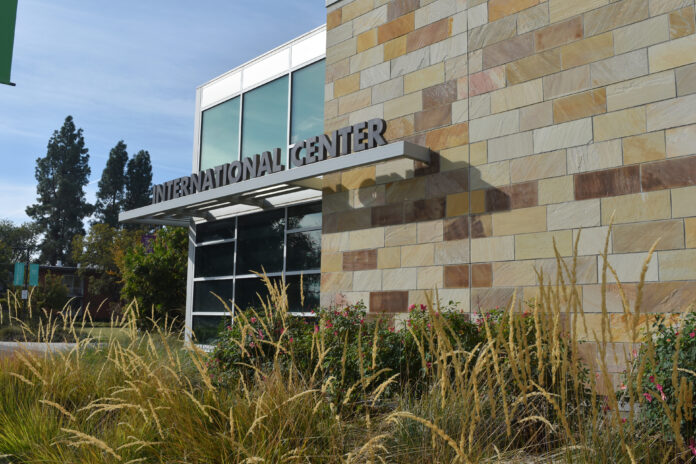The appeals court ruling found the program unlawful, but will allow existing DACA recipients to renew their status for the time being
By SONORA SLATER — campus@theaggie.org
On Oct. 5, a federal appeals court announced its decision on the Texas v. U.S. Deferred Action for Childhood Arrivals (DACA) case, agreeing with the previous judgment on the case that stated that DACA was unlawful, but sending the case back to a lower court in Texas to be decided again based on new rules recently implemented by the Biden administration.
DACA is a national program that was created in 2012 by the Obama administration that allows immigrants who came to the U.S. unlawfully before their 16th birthday to receive a two-year period of deferred action from deportation, as well as the opportunity to become eligible for a work permit. Based on the Oct. 5 ruling, existing DACA recipients are still able to renew their status, but the program is not accepting new applicants for the time being.
UC Davis has an estimated 800 undocumented undergraduate and graduate students, according to Enrique López, a third-year PhD candidate in the Sociology Department and the Training and Engagement Coordinator for the AB540 and Undocumented Student Center. López said that some staff and faculty at the university are also undocumented, and may similarly benefit from DACA.
“The population is not small, it’s not insignificant,” López said. “With this news of possible DACA repeals, there’s a very significant amount of students who are threatened with the removal of a sense of security. [And] if anything happens to DACA, it’s not just happening to students, but it’s also impacting professionals, teachers and faculty who are crucial for UC Davis to function.”
On Oct. 6, the University of California, California State University and California Community Colleges issued a joint statement on the ruling.
“Even as we hope that this decision is overturned, the uncertainty it creates is untenable,” the statement reads. “DACA recipients deserve to have their status as equal Americans protected. We support the decision to allow current DACA recipients to avoid immediate disruption to their lives and also to seek extensions of their DACA status.”
The statement goes on to state that the group is planning on “[advocating] for permanent pathways to citizenship so undocumented Californians can pursue their academic and professional goals without fear of deportation.”
López, who said that he was undocumented in the past but now is not, described his experience of what the emotions surrounding DACA’s uncertainty can be like.
“I think that the easiest and most accessible thing for everyone to do is to become aware of that liminal and vague space that a lot of students are facing right now,” López said. “Even though DACA students have a sense of security, it’s only temporary. And DACA has been on this very fine thread for a very long time.”
The joint statement states that undocumented students, including DACA recipients, remain welcome at California’s public colleges and universities.
“The decision […] does not change our mission to welcome and serve all students,” the statement reads. “This is what we have always done, and we will not waver. We will continue to do all we can to ensure our undocumented students feel safe and supported on our campuses.”
In summer of 2021, ASUCD passed a resolution to end the use of the terms “illegal” and “alien” when referring to undocumented individuals. López saw this as “[positive] movement happening at the bureaucratic level,” but he still believes that “more action can be taken.”
The statement by leaders at California universities also shed light on where some undocumented individuals who were once college students may be now.
“Today, [DACA] recipients are first responders, medical professionals, educators, scientists, and serve in a host of other critical professions,” the statement reads. “They have made and continue to make positive contributions to our local, state, and federal economies and communities.”
Written by: Sonora Slater — campus@theaggie.org




